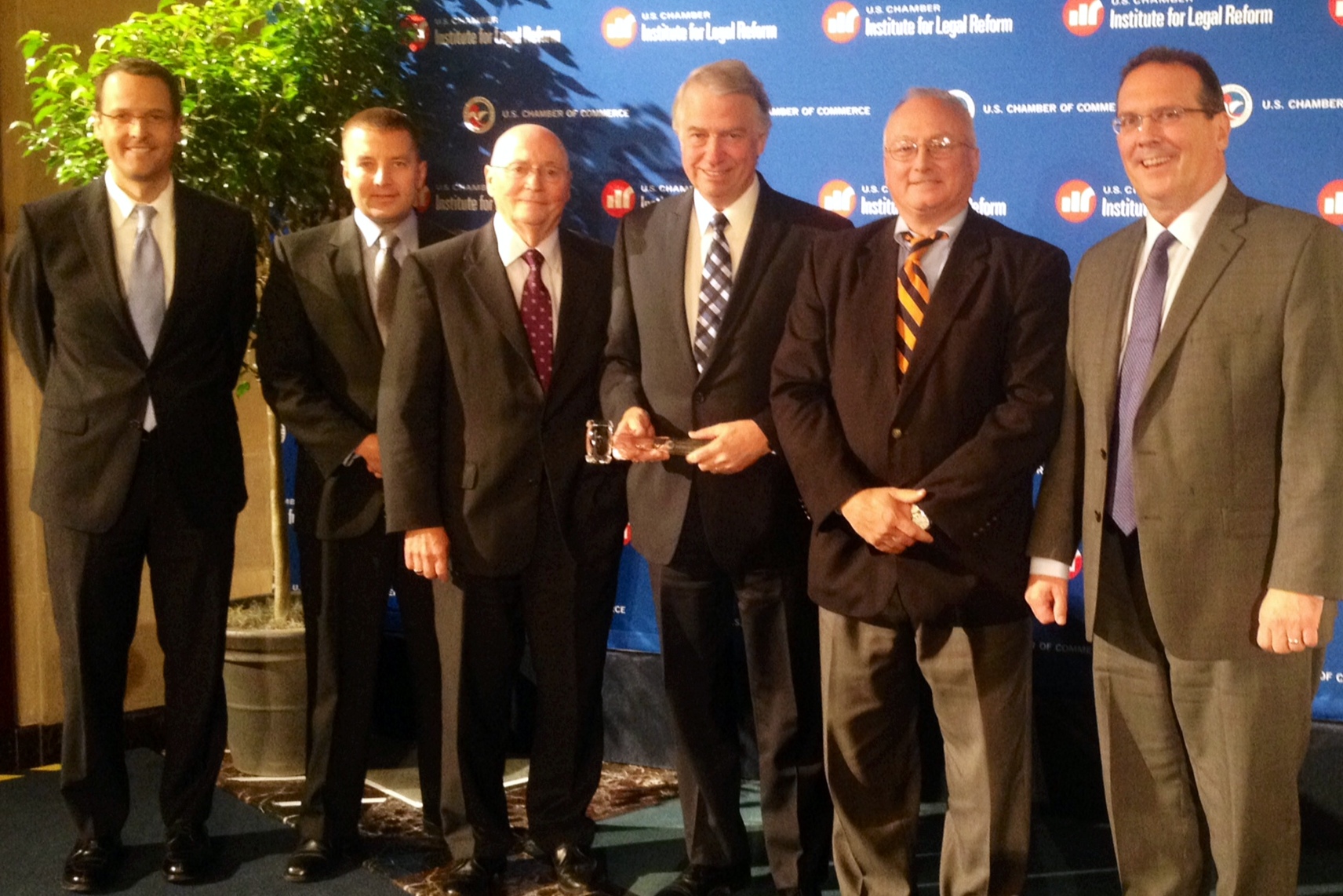On January 27, 2011, Gov. Walker signed into law 2011 Wisconsin Act 2, which contained numerous civil liability reforms supported by the Wisconsin Civil Justice Council. One of the most important pieces of this legislation was the adoption of the Daubert standards for the admission of expert opinion evidence, bringing Wisconsin in line with the entire federal system and a majority of states.
Thanks to Act 2, Wis. Stat. § 907.02 now requires experts to be qualified by knowledge, skill, experience, training, or education. Testimony must be based upon sufficient facts or data, it must be the product of reliable principles and methods, and the witness must apply the principles and methods reliably to the facts of the case.
While it is clear that Daubert is now the absolute standard for expert testimony going forward, a recent court of appeals decision highlights the fact that there are still a limited number of cases in which it may not be applied because those cases were ongoing before the new law (Act 2) went into effect. Continue reading “Daubert Still the Law Despite Court’s Ruling”

